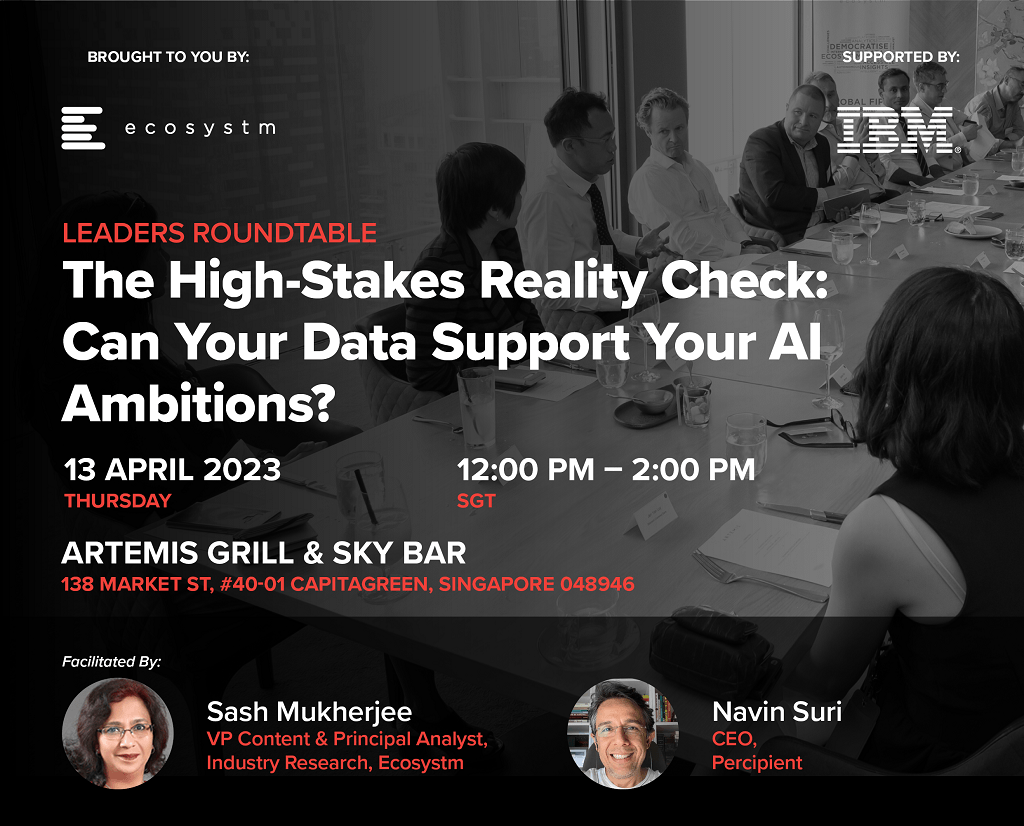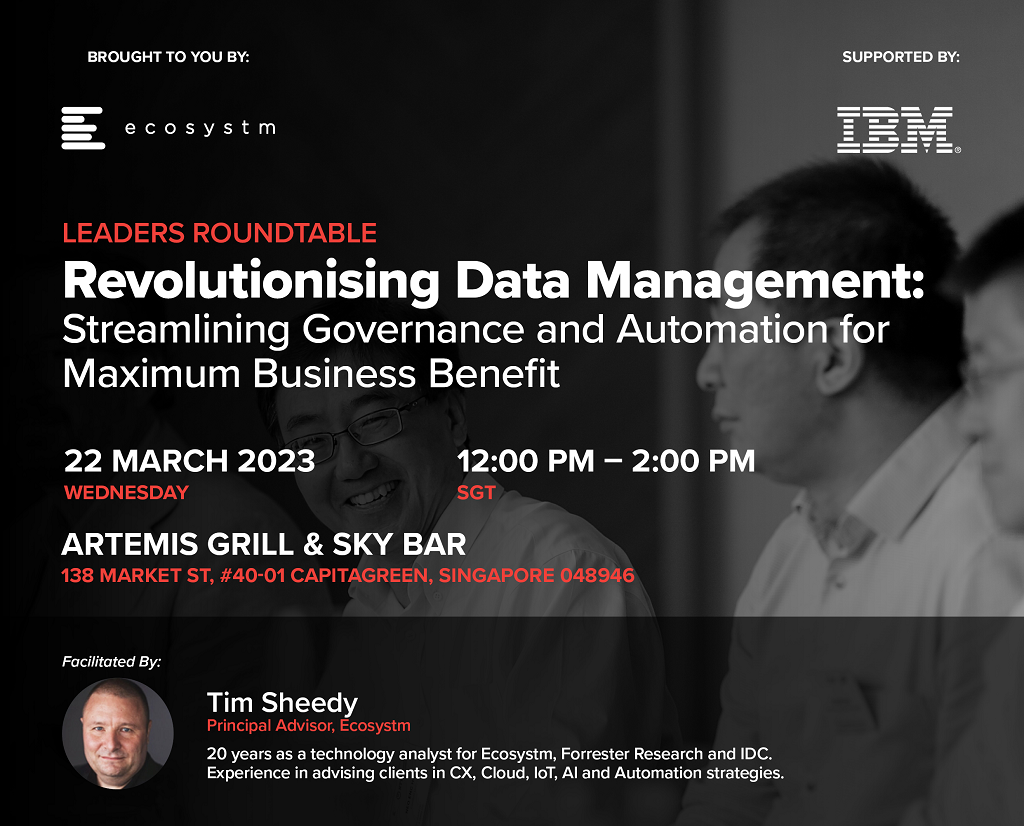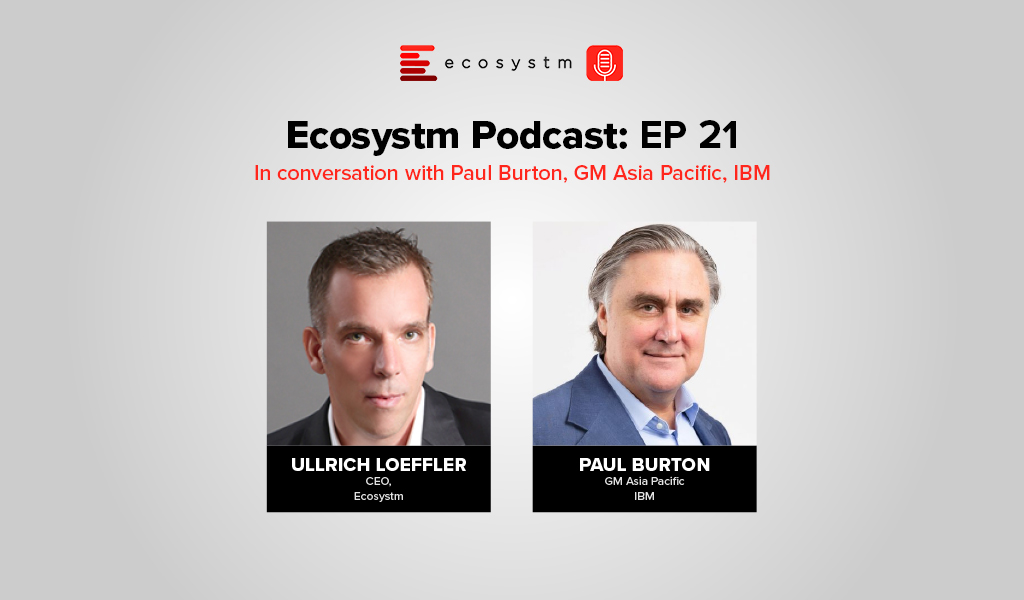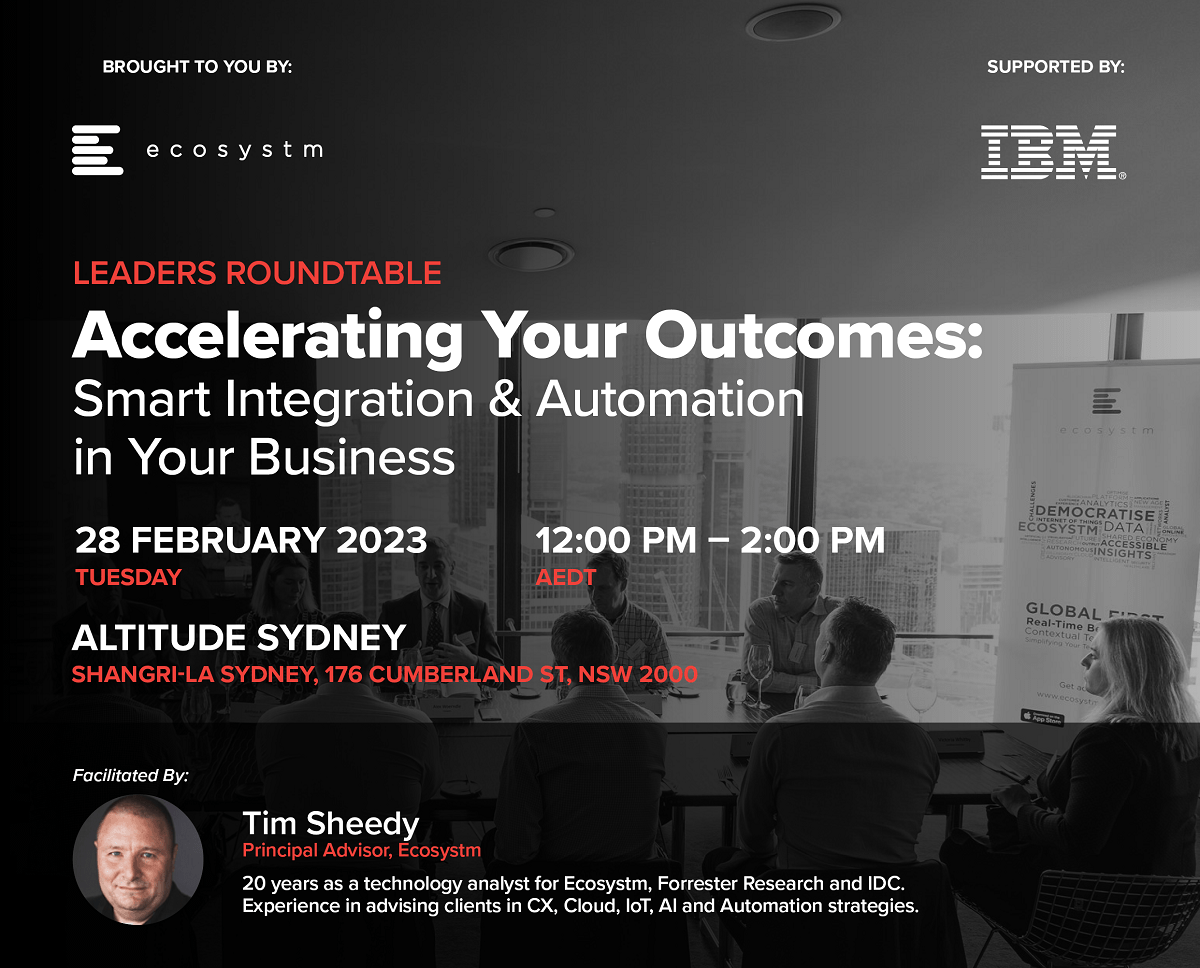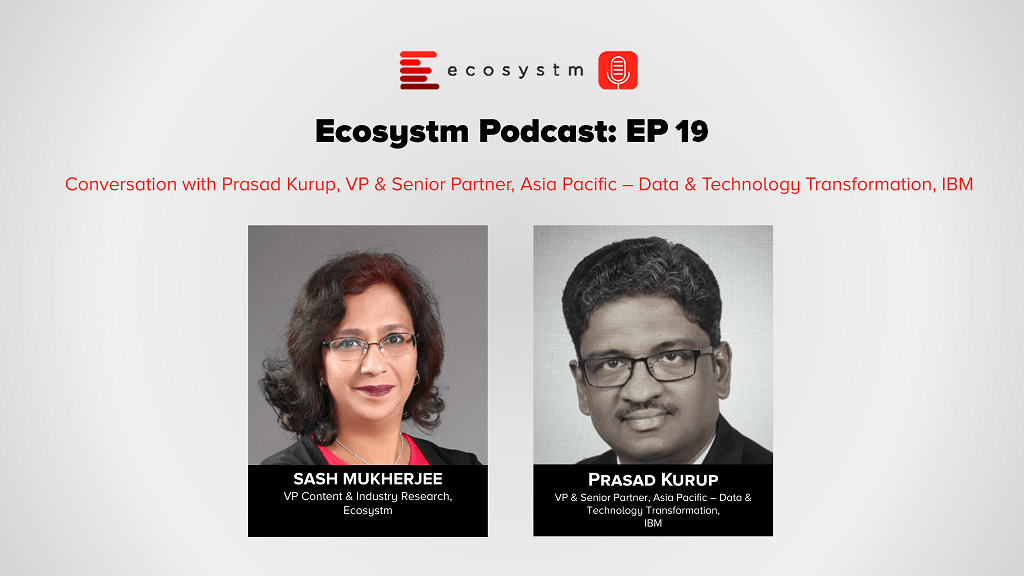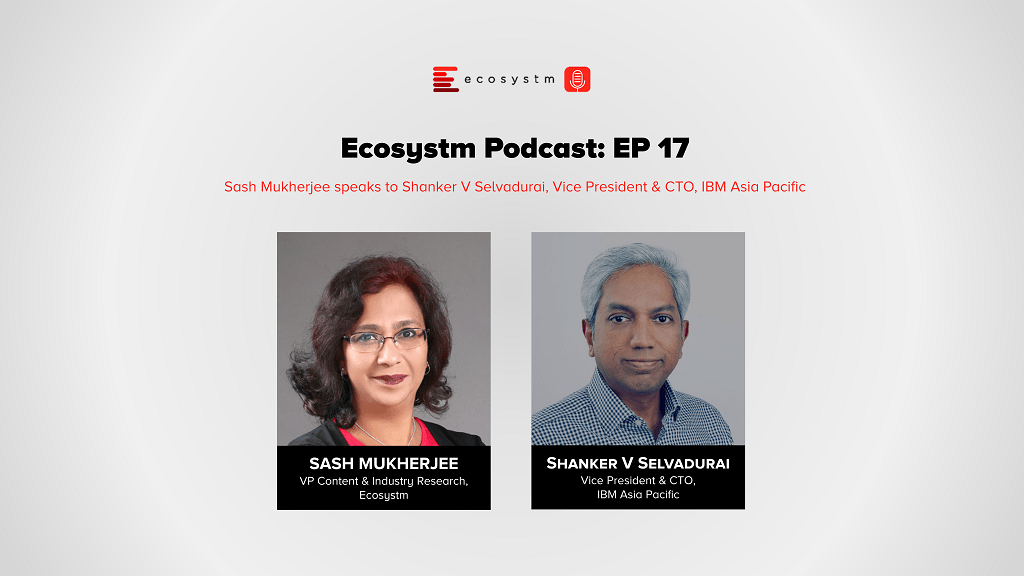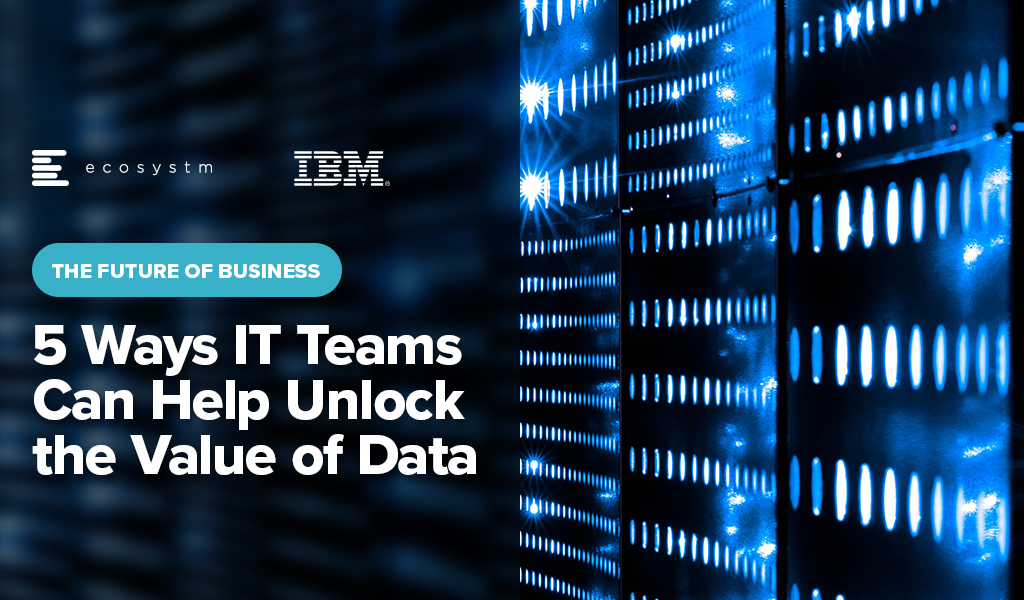Leading Banking and Financial Services organisations play a crucial role in financing sustainability transition. They have the infrastructure and resources to kickstart their own sustainability journey. But beyond that, they also have a greater role in building a sustainable value chain.
This extends to helping the traditional economy to transition; green investments to promote organisations with the right intentions; and empowering their customers to make environmentally-friendly choices.
As a technology leader in BFSI, you are an integral part of your organisation’s sustainability journey. Here are 5 ways in which BFSI tech leaders can support their organisations to turn sustainability intentions into reality.
Align tech with business goals and strategy. Think like a business leader and understand larger goals beyond technology deployments to empower your team.
View reporting as more than a checklist. You are in an ideal position to demonstrate the value of data insights beyond reporting mandates to the leadership team – link them to larger business outcomes.
Build intelligence into your facilities and assets. Consider investing in an intelligent enterprise asset management solution to automate asset and infrastructure management, remotely monitor and manage asset operations, and achieve sustainable business outcomes.
Automate your infrastructure allocation. You are increasingly using FinOps tools and other predictive analytics dashboards for cost and resource optimisation – extend the use for greater energy efficiency.
Understand your organisation’s unique sustainability journey. Seek independent opinion from third parties to empower your organisation to take the first step in the sustainability strategy, derive insights from data assets, and create market differentiation.
Read on to find more.
Download 5 Sustainability Actions for BFSI Tech Leaders as a PDF

Ullrich Loeffler, CEO of Ecosystm, sat down with Paul Burton, GM Asia Pacific at IBM, to discuss the latest trends and technologies shaping the business landscape in the Asia Pacific region.
Ullrich and Paul explored a range of topics, including:
- How organisations are leveraging technology to tackle market uncertainties and business priorities
- The importance of data & AI in driving business success
- How challenges such as data integration and quality can be mitigated
- The role of technology in supporting organisations’ sustainability ambitions
- The significance of partner ecosystems, collaborations, and knowledge-sharing to support innovation
Listen to the full conversation exclusively on Ecosystm Podcast
Podcast: Play in new window | Download (6.8MB)
Subscribe Spotify | Amazon Music | JioSaavn | Podchaser | RSS | More
Recently, Prasad Kurup, VP & Senior Partner, Asia Pacific – Data & Technology Transformation, IBM caught up with Sash Mukherjee, VP Content & Industry Research, Ecosystm to discuss how technology teams and business leaders can come together to deliver business value through data & AI.
Listen to this episode to find out Kurup’s views on:
- The key drivers for embarking on a data journey for most organisations
- The biggest challenges – technological and business – of Data & AI programs
- What organisations need to do to futureproof their data investments
Podcast: Play in new window | Download (5.2MB)
Subscribe Spotify | Amazon Music | JioSaavn | Podchaser | RSS | More
In this episode Sash Mukherjee, VP Content & Industry Research, Ecosystm caught up with Shanker V Selvadurai, Vice President & CTO, IBM Asia Pacific to discuss what technology teams can do to mitigate the challenges that digital enterprises face, and bring value to the business.
Hear Shanker’s views on:
- What technology teams need to focus on to align with business objectives
- Strategies to manage data better
- The benefits of a Zero Trust model
Podcast: Play in new window | Download (5.1MB)
Subscribe Spotify | Amazon Music | JioSaavn | Podchaser | RSS | More
In the rush towards digital transformation, individual lines of business in organisations, have built up collections of unconnected systems, each generating a diversity of data. While these systems are suitable for rapidly launching services and are aimed at solving individual challenges, digital enterprises will need to take a platform approach to unlock the full value of the data they generate.
Data-driven enterprises can increase revenue and shift to higher margin offerings through personalisation tools, such as recommendation engines and dynamic pricing. Cost cutting can be achieved with predictive maintenance that relies on streaming sensor data integrated with external data sources. Increasingly, advanced organisations will monetise their integrated data by providing insights as a service.
Digital enterprises face new challenges – growing complexity, data explosion, and skills gap.
Here are 5 ways in which IT teams can mitigate these challenges.
- Data & AI projects must focus on data access. When the organisation can unify data and transmit it securely wherever it needs to, it will be ready to begin developing applications that utilise machine learning, deep learning, and AI.
- Transformation requires a hybrid cloud platform. Hybrid cloud provides the ability to place each workload in an environment that makes the most sense for the business, while still reaping the benefits of a unified platform.
- Application modernisation unlocks future value. The importance of delivering better experiences to internal and external stakeholders has not gone down; new experiences need modern applications.
- Data management needs to be unified and automated. Digital transformation initiatives result in ever-expanding technology estates and growing volumes of data that cannot be managed with manual processes.
- Cyber strategy should be Zero Trust – backed by the right technologies. Organisations have to build Digital Trust with privacy, protection, and compliance at the core. The Zero Trust strategy should be backed by automated identity governance, robust access and management policies, and least privilege.
Read below to find out more.
Download The Future of Business: 5 Ways IT Teams Can Help Unlock the Value of Data as a PDF



